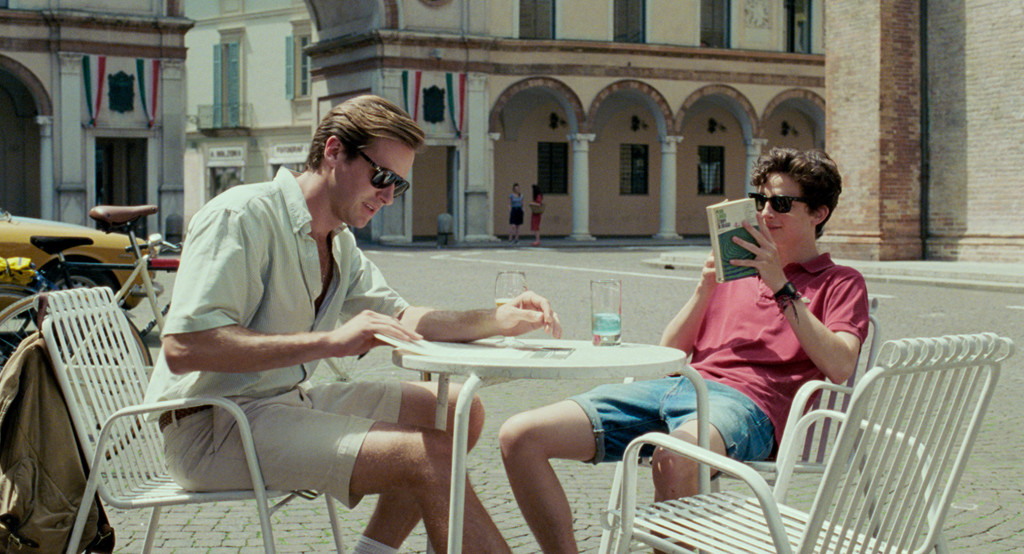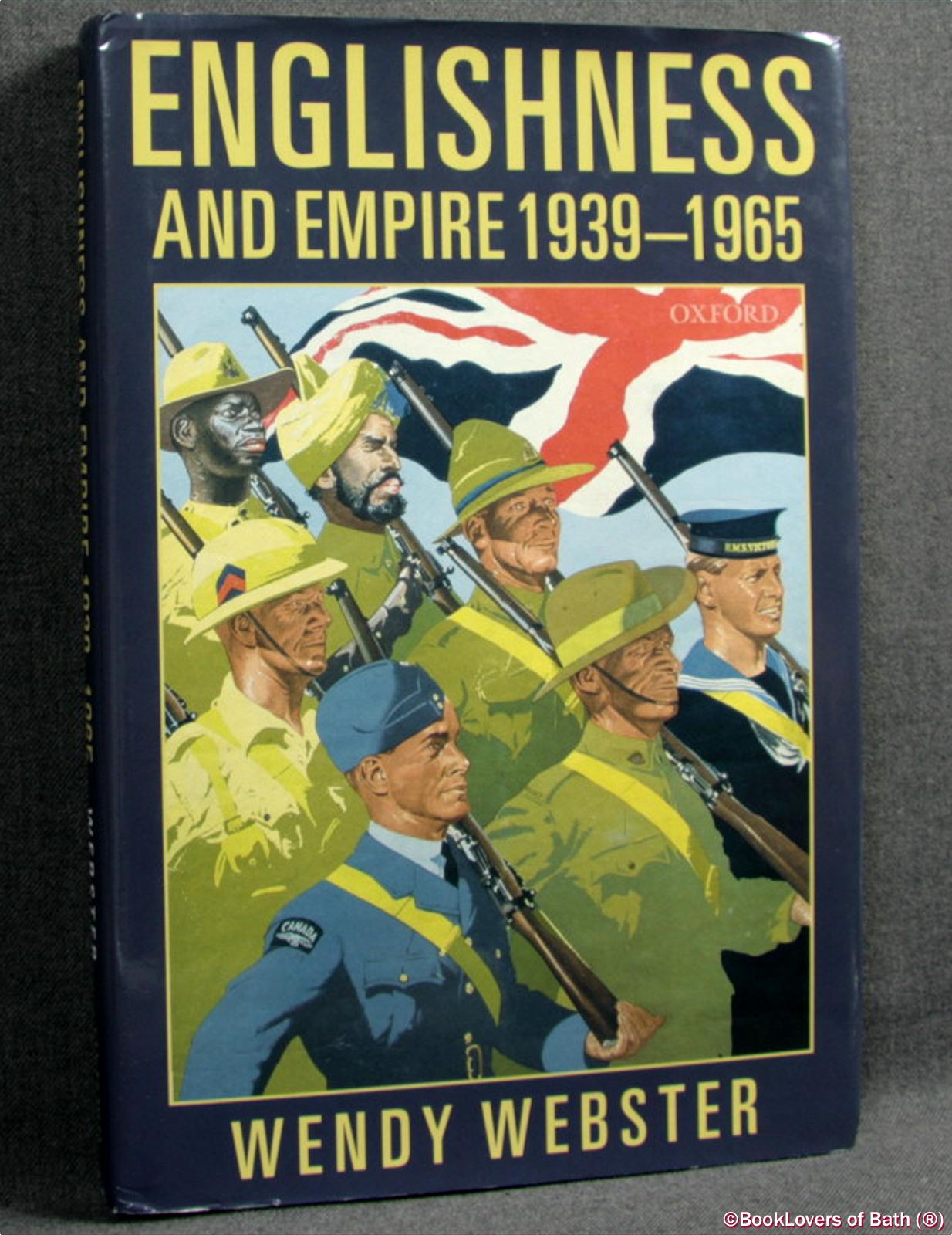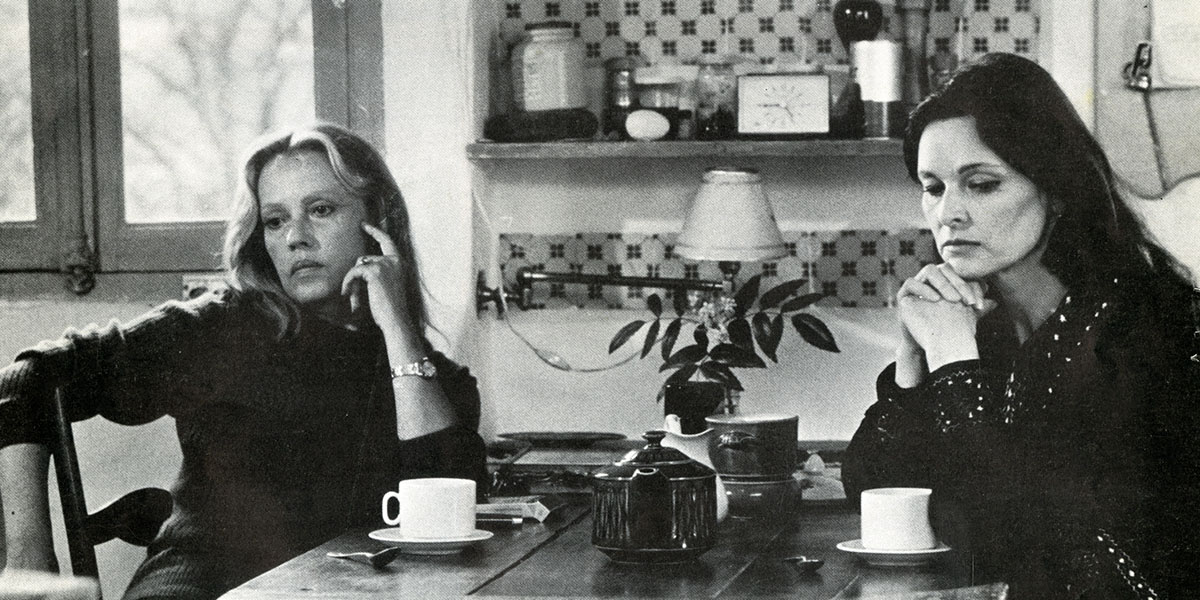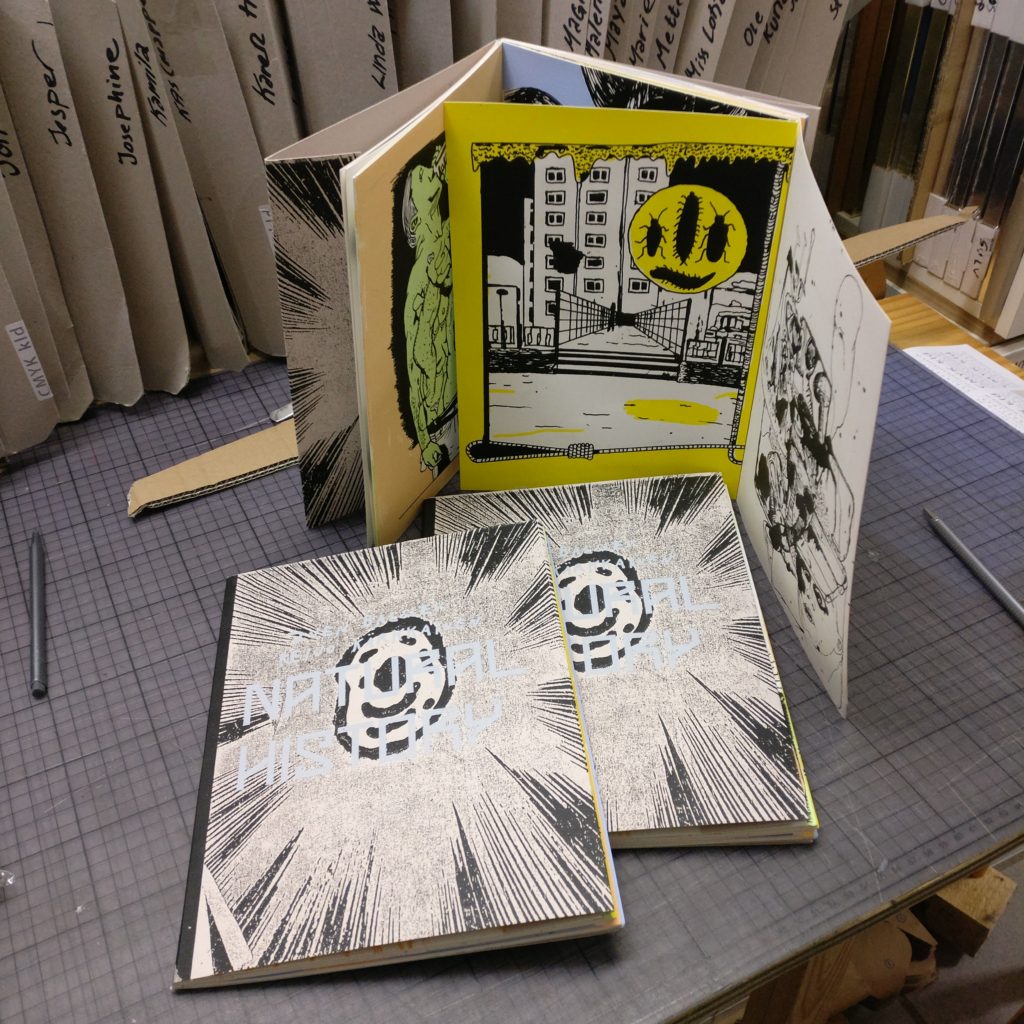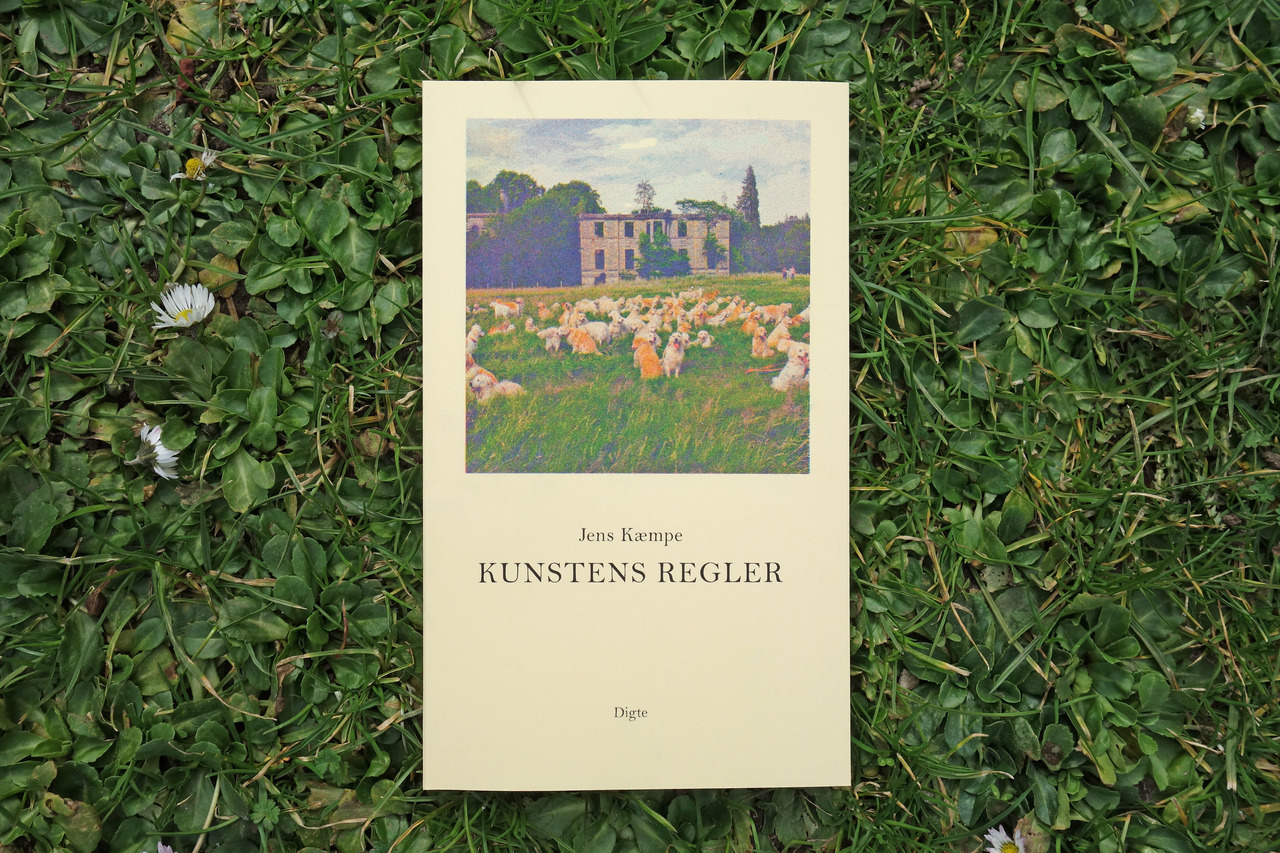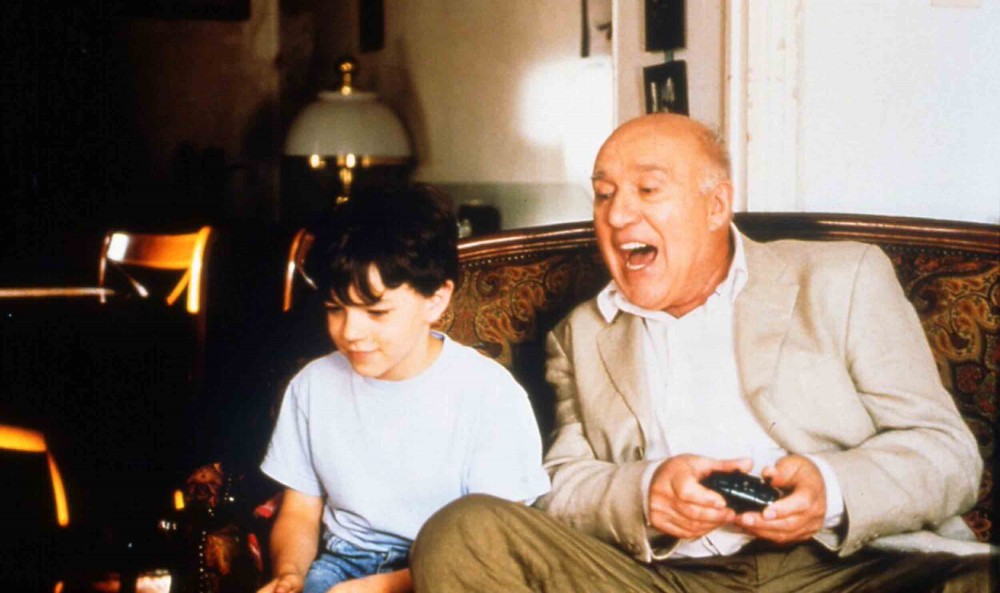A ranked list of the books i have read so far this year:
 International Novels (outside of Denmark):
International Novels (outside of Denmark):
1. Death in Venice by Thomas Mann (1912)
2. The Rings of Saturn by W. G. Sebald (1995)
3. Solaris by Stanislaw Lem (1961)
4. Occurrence in the Immediate Unreality by Max Blecher (1936)
5. Suicide by Édouard Levé (2008)
6. Flush by Virginia Woolf (1933)
7. Autoportrait by Édouard Levé (2005)
8. The Street by Crocodiles af Bruno Schulz (1933)
9. The Blindfold by Siri Hustvedt (1992)
10. Freedom by Jonathan Franzen (2010)
11. Wise Blood by Flannery O’Connor (1952)
 Danish Novels:
Danish Novels:
1. Over os hænger en vidunderlig sol (A Wonderful Sun Hangs Above Us) by Majse Aymo-Boot (2014)
2. Ansigterne (The Faces) by Tove Ditlevsen (1968)
3. Den, der lever stille (The One, Who Lives Quietly) by Leonora Christina Skov (2018)
4. Havbrevene (The Sea Letters) by Siri Ranva Hjelm Jacobsen (2018)
5. Drømmeflygtningen (The Fugitive of Dreams) by Lillian Jacobsen (1978)
 International Short Stories
International Short Stories:
1. Something Will Happen, You’ll See by Christous Ikonomou (2010)
 Danish Short Stories:
Danish Short Stories:
1. Efter solen (After the Sun) by Jonas Eika Rasmussen (2018)
2. Åndeverdenens dårekiste (The Madhouse of the Spiritworld) by B. S. Ingemann (2018 edition)
3. Rædselsrealisten (The Horror Realist) by Jakob Hansen (2018 udgave)
4. Forgribelser (The Trespassings) by Preben Major Sørensen (2017)
5. Menneskekød: Grotesker 1910-1920 (Human Flesh, Grotesques from 1910-1920) by Anders Jørgen Mogensen (Red.) and Andreas Bylov Jensen (Red.), (2019)
6. Nærvær og næsten (Precense and almost) by Svend Åge Madsen (2000)
 International Poems:
International Poems:
1. The Book of Frank by C.A. Conrad (2009)
2. Don’t Call Us Dead by Danez Smith (2017)
3. Excess – The Factory by Leslie Kaplan (1982)
4. Himlenes bog (Le Livre des ciels) (The Book of the Skies) by Leslie Kaplan (1983)
5. Live or Die by Anne Sexton (1966)
6. Der er ingen ærlige digte om døde kvinder (There are No Honest Poems About Dead Women) by Audre Lorde (2019 udgave)
7. Sigøjnerne & andre fortællende digte (Gypsies and other poems) by Aleksandr Pusjkin (2018 udgave)
8. The Book of Questions by Edmond Jabès (1963)
 Danish Poems:
Danish Poems:
1. Digte 2014 (Poems 2014) by Theis Ørntoft (2014)
2. Ideale begivenheder (Ideal Events) by Signe Gjessing (2016)
3. Det 3. årtusindes hjerte (The Third Millennium Heart) by Ursula Andkjær Olsen (2012)
4. White Girl by Christina Hagen (2012)
5. Af det almene (By the Common) by Lars-Emil Woetmann (2018)
6. Spørgsmålene (The Questions) by Majse Aymo-Boot (2012)
7. Force Majeure by Zven Balslev, Jonas Okholm Jensen og T.R. Kirstein (2018)
8. Den korsfæstede budding (The Crucified Pudding) by Simon Grotrian (2016)
9. Relikvie (Relic) by Julie Mendel (2017)
10. 105 variationer (105 Variations) by Peter-Clement Woetmann (2015)
11. Skygger paa jorden (Shadows on the Earth) by Tove Meyer (1943)
 Essay Collections:
Essay Collections:
1. In Praise of Idleness and Other Essays by Bertrand Russel (1935)
2. The Drowned and the Saved by Primo Levi (1986)
3. Forfatterens død og andre essays (The Death of the Writer and other Essays) by Roland Barthes (2004)
4. Against Everything: On Dishonest Times by Mark Greif (2016)
5. Bidrag til en nær bykritik (Contributions to a Near City Critique) by Bypolitisk organisering (2018)
6. Welcome to the Desert of the Real: Five Essays on September 11 and Related Dates by Slavoj Zizek (2002)
7. Fame by Andy Warhol (2018 udgave)
8. Cosmic Pessimism by Eugene Thacker (2015)
 Psychiatry:
Psychiatry:
1. Night Falls Fast: Understanding Suicide by Kay Redfield Jamison (2000)
2. The Reflecting Team by Tom Andersen (1994)
3. Borderline Personality Disorder and the Boundaries of the Schizophrenia Spectrum: Conceptual trajectories, core psychopathology, and differential disarray by Maja Zandersen (2018)
4. The Noonday Demon: An Atlas of Depression by Andrew Solomon (2002)
5. The Politics of Experience and The Bird of Paradise by R. D. Laing (1967)
6. Min mor var besat: Da jeg mødte depressionens dæmon (My Mother was Possessed: When I Met the Demon of Depression) by Peter Øvig Knudsen (2019)
7. ”Det stopper kværnen i mit hoved”: Om kunst i psykiatrien og Kunstcentret på Sct. Hans Hospital ("It stops the grinding in my head": About art in psychiatry and the art center at Sct. Hans) by Jeppe Kruse (2014)
 History:
History:
1. Englishness and Empire 1939-1965 by Wendy Webster (2005)
 Politics and Political Philosophy
Politics and Political Philosophy
1. On the Political by Chantal Mouffe (2005)
2. On Civil Disobedience and Liberal Democracy by Tine Hindkjær Madsen (2019).
3. Den nye Internationale: Hvorfor Venstrefløjen skal omfavne Europa og demokratisere Verden by Malte Frøslee Ibsen (2019)
4. The Politics of Aesthetics by Jacques Ranciére (2000)
Educational Sociology:
1. Uren pædagogik by Lene Tanggaard, Thomas Aastrup Rømer og Svend Brinkmann (2011)
Biographies
1. Mayhem by Sigrid Rausing (2017)
 Artist Books
Artist Books
1. Pulp Magma by Zven Balslev (2017)
2. Péché Mignon by Anne Van Der Linden (2019)
3. Pisdrøm by Zven Balslev (2019)
4. Natural History by Reijo Kärkkäinen og Zven Balslev (2019)
5. Gadens parlament by Malene Meisner (2012)
Graphic Novels:
1. Berlin #1-3 by Jason Lutes (2018)
